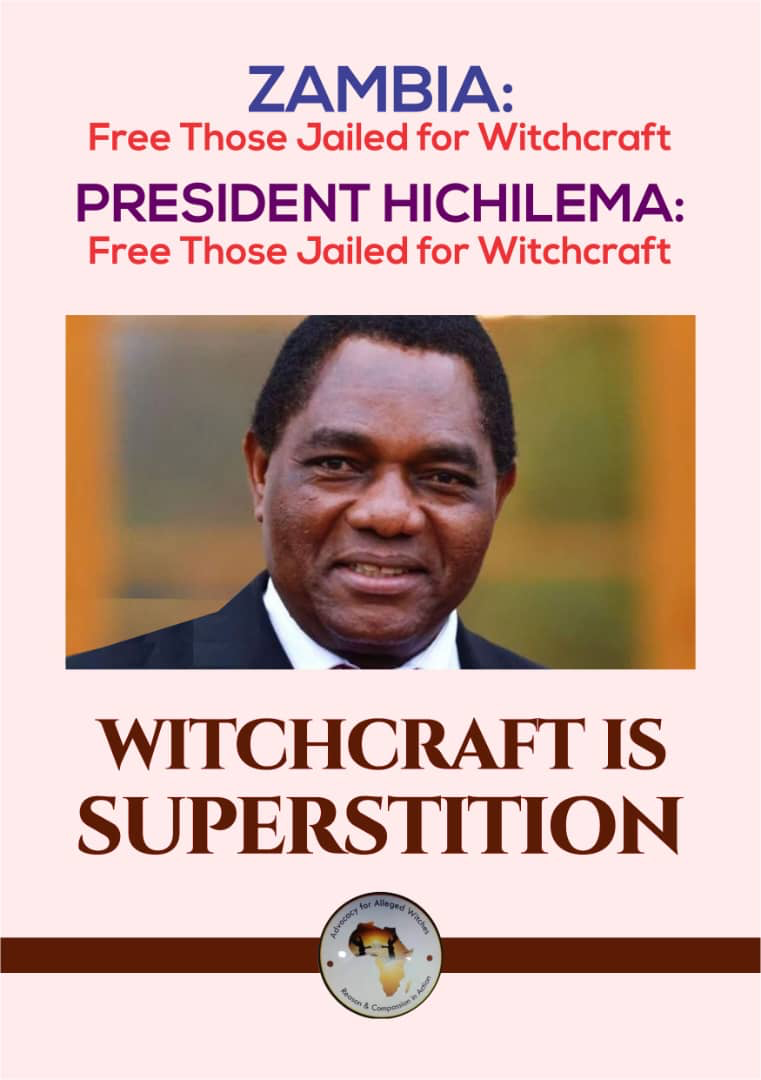Update on Zambia’s witchcraft verdict
Dr Keith Silika provides an update on his previous blog post about the concerning case in Zambia of two people being sentenced for witchcraft.
by Keith Silika
18 September 2025
The sentencing of Leonard Phiri and Jasten Mabulesse Candunde to two years’ imprisonment under Zambia’s colonial-era Witchcraft Act marks a troubling legal precedent. While the ruling may appear to protect society from fear, it exposes the evidentiary vacuum at the heart of such prosecutions.
The court’s reliance on ritual objects (a chameleon, powders, charms) and the men’s own demonstrations as proof of intent represents a shift away from evidence-based justice towards a subjective interpretation of belief. This undermines the principles of fair trial guaranteed under both Zambia’s Constitution and international conventions to which it is a party.
As I noted previously, these cases reveal three persistent challenges:
Forensic gaps – No scientific method exists to prove causal harm from ritual objects.
Confession reliance – Contested or performative admissions blur the line between belief and coercion.
Colonial legacy – The Witchcraft Act (1914) criminalizes belief systems, clashing with modern constitutional protections for cultural expression.
By criminalizing ‘professing witchcraft’, the court validates a legal framework where fear and symbolism outweigh material proof. This not only risks political weaponization of witchcraft accusations but also sets a dangerous standard where cultural practices become prosecutable on perception alone.
From a forensic and criminological perspective, Zambia’s verdict highlights the urgent need for investigative protocols grounded in science and human rights, as called for by UN Resolution 47/8. Reform is needed, as witchcraft trials should play no role in any modern justice system.


